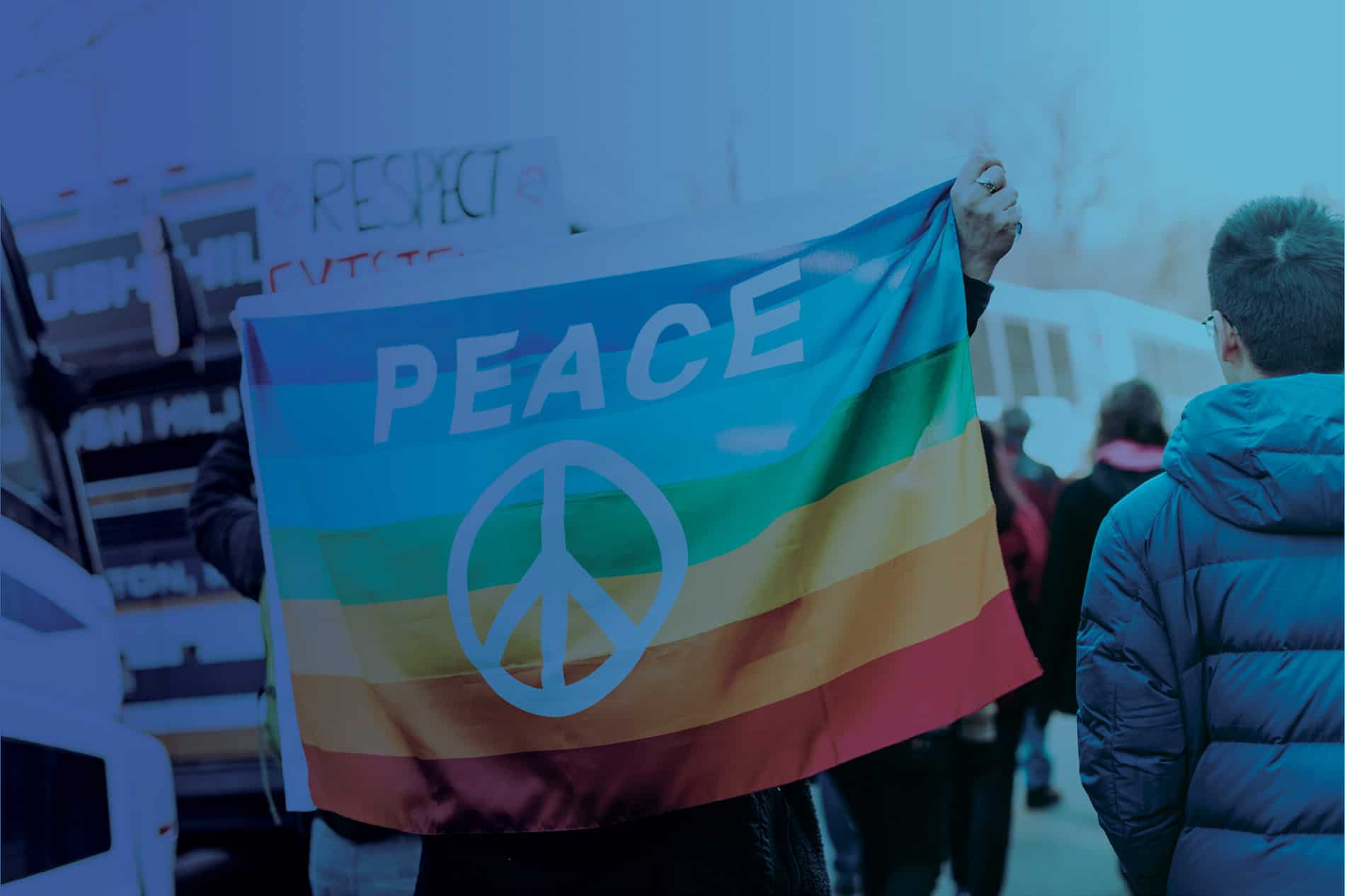Yael Rosenfeld reflects on our work submitting a response to the UN Working Group on Business and Human Rights.
One of the things that makes working at the EIRIS Foundation interesting is the variety of subjects I work on – anything from researching allegations against companies as part of the Corporate Human Rights Benchmark to examining what charities are doing with their money or to human rights and business during conflict. This last project has been something that the Foundation worked on for more than 5 years. Our involvement began with providing information for investors on companies that are invested in two occupied territories (Palestine and Crimea). We later developed a paper to assist companies operating in Crimea and Palestine to ask themselves relevant questions on human rights.
Back in January, following a call for input from the UN Working Group on business and human rights, we decided to develop guidelines for companies on how to do human rights due diligence in a conflict setting. In 2019-2020, the Working Group was focusing on business in conflict and post conflict settings – an issue which the Guiding Principles refer to but do not expand on. Our submission does not try to be a ‘recipe’ or an off the shelf product for companies to incorporate into their policies – it is meant to help companies develop their own International Humanitarian Law policy as well as a mechanism on how to do a human rights due diligence during conflict.
Though we planned to have a face-to-face event in March to consult with companies, COVID19 put a spanner in our works. However, through new and old technology we managed to gather input from companies, NGOs and human rights experts. For me, this was a very interesting opportunity to understand the complexity for companies trying to do the ‘right thing’. They raised some real concerns like the misperception persisting in companies that being transparent is a risk for them (rather than an asset) and the genuine lack of reliable information on conflicts. On the other hand, NGOs raised specific concerns of companies using developing a policy on IHL or human rights due diligence as a tool to stall any real action.
Though our paper has now been submitted, we are still interested in hearing feedback from companies, lawyers and NGOs. We are planning to continue to update our guidelines so that they are as useful as possible. If you have any comments, we would love to hear from you. Please contact me at [email protected].

